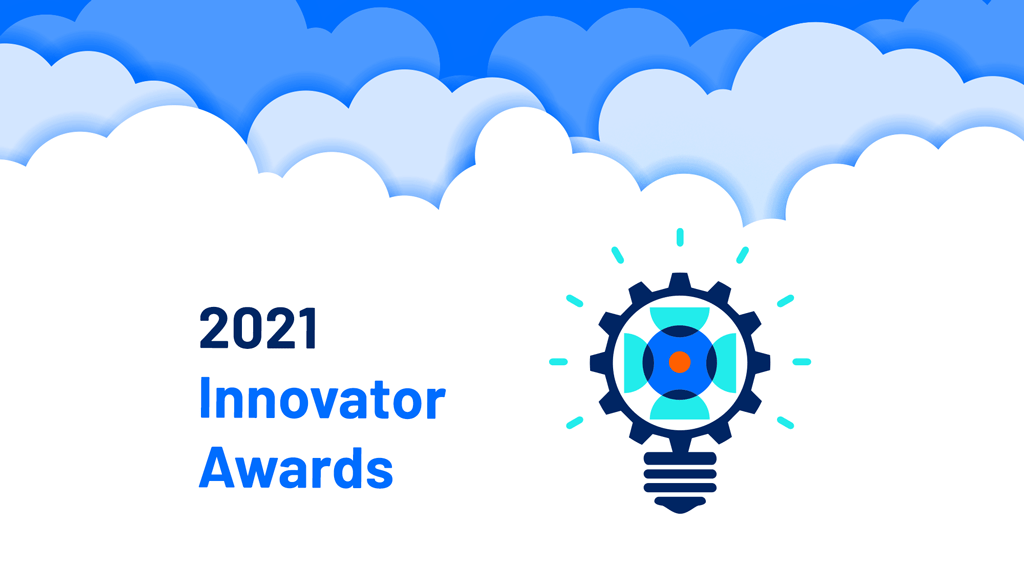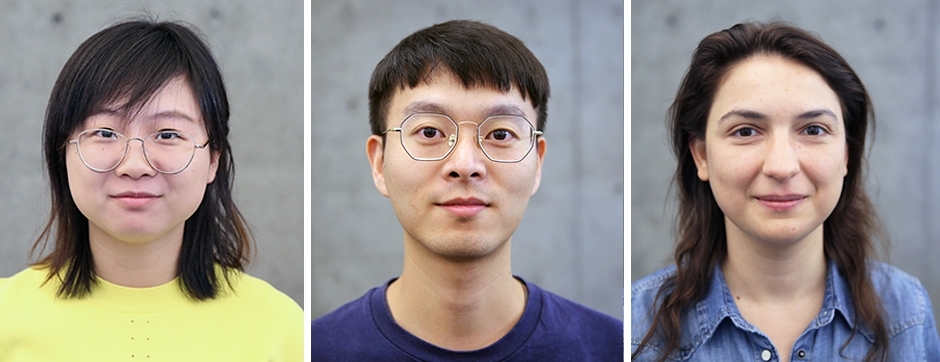Three Collaborative Projects Announced for ISB’s 2021 Innovator Award Program
 isbscience.org/news/2021/05/06/three-collaborative-projects-announced-for-isbs-2021-innovator-award-program/
isbscience.org/news/2021/05/06/three-collaborative-projects-announced-for-isbs-2021-innovator-award-program/
In 2021, ISB has kicked off the fifth year of its successful Innovator Award Program by announcing three collaborative and cross-disciplinary projects.
The program was created in 2017 to support early-career scientists working on high-risk, high-reward innovations. The Innovator Award Program champions interdisciplinary collaboration for non-faculty ISB researchers who need assistance with funding their work.
“While one can take courses and workshops on grant writing, there is no substitute to actually assembling a competitive grant application. By participating in the Innovator Award Program, early-career scientists learn first hand all of the scientific, writing, leadership, and administrative skills that are needed to write a successful proposal, execute a funded project, and launch an independent career.” said Dr. Nitin Baliga, creator of the program and ISB director, senior vice president and professor.

The Innovator Award Program has proven its worth. Through 2020, a total of 13 projects were funded resulting in, to date, four filed patents, 16 published papers, 18 new grant ideas, 24 new partnerships, three new software products, and five new technologies.
Washington Research Foundation Joins the Cause
In January 2021, Washington Research Foundation (WRF) pledged $100,000 to ISB to fund the Innovator Award Program, with ISB securing an additional $50,000 from other sources.
“We are delighted to be supporting researchers from diverse backgrounds at this crucial stage in their careers,” said Meher Antia, WRF’s director of grant programs. “WRF understands the importance of supporting early-career scientists as they embark on creative and impactful research that has the potential for public benefit.”
WRF has been a longtime supporter of ISB, providing more than $2.4 million in grants and pledges, including support that brought microbiome specialist Dr. Sean Gibbons to ISB in 2018. The foundation has been assisting nonprofit research institutions and universities in Washington state with the commercialization and licensing of their technologies for the past four decades.
2021 Innovator Awardees
Focus areas of this year’s Innovator Award projects include:
- Leveraging ISB data assets and resources created by current and previous projects,
- Moving current basic research insights toward a translational application, and
- Connecting research plans to future external funding opportunities.

The lead investigators of the 2021 Innovator Awardees, pictured left to right: Yue Lu, Postdoctoral Fellow (Heath Lab); Yin Tang, Postdoctoral Fellow (Wei Lab); Bahar Tercan, Postdoctoral Fellow (Shmulevich Lab).
This year’s projects and awardees are:
Title: Multiparameter profiling of exosomes from body fluids to detect and determine site of infection.
Lead Investigator: Yue Lu, Postdoctoral Fellow (Heath Lab)
ISB research team and collaborators: Christopher Lausted (Hood-Price Lab), Kai Wang (Hood-Price Lab)
Title: Joint spatial molecular and metabolic function profiling in single tissue section at single cell sensitivity
Lead Investigator: Yin Tang, Postdoctoral Fellow (Wei Lab)
ISB research team and collaborators: Guangrong Qin (Shmulevich Lab), David L. Gibbs (Shmulevich Lab)
External collaborators: Raymond S. Yeung, University of Washington
Title: Discerning the combinatorial regulatory circuitry of microglial differentiation in Alzheimer’s disease using probabilistic Boolean networks
Lead Investigator: Bahar Tercan, Postdoctoral Fellow (Shmulevich lab)
ISB research team and collaborators: Cory Funk (Hood-Price Lab), Boris Aguilar (Shmulevich Lab), Max Robinson (Hood-Price Lab)





